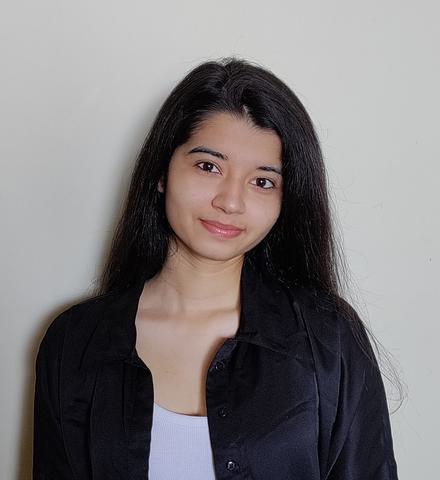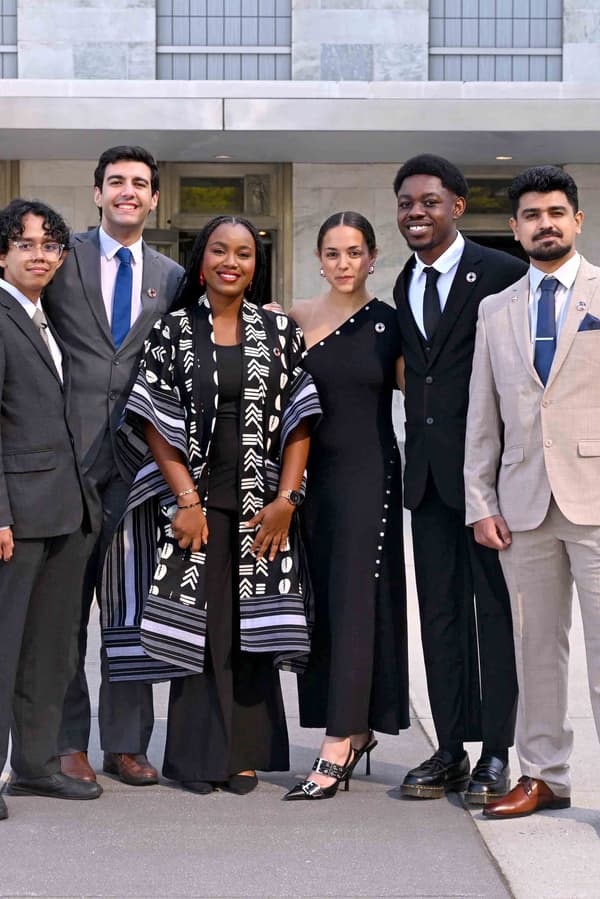
Cohort
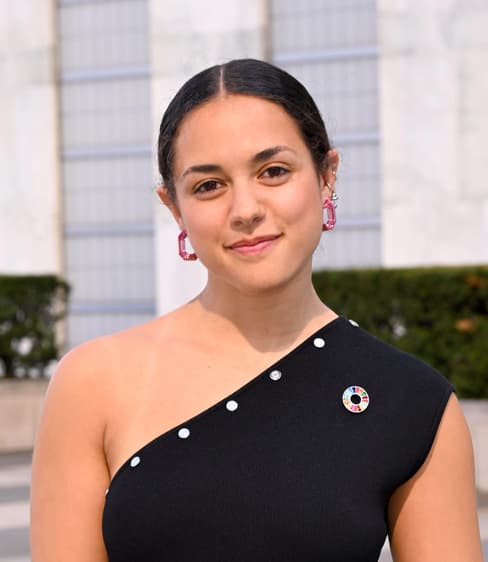
Aurélie Fontan
Aurélie founded Regen Ink, a regenerative dye project that cultivates plants on polluted land to create natural, non-toxic, biodegradable inks and pigments. She aims to develop a commercially viable process for producing a textile print paste that meets industry standards for colourfastness and to collaborate with a fashion brand to test the production process in a real-world scenario.
Find out more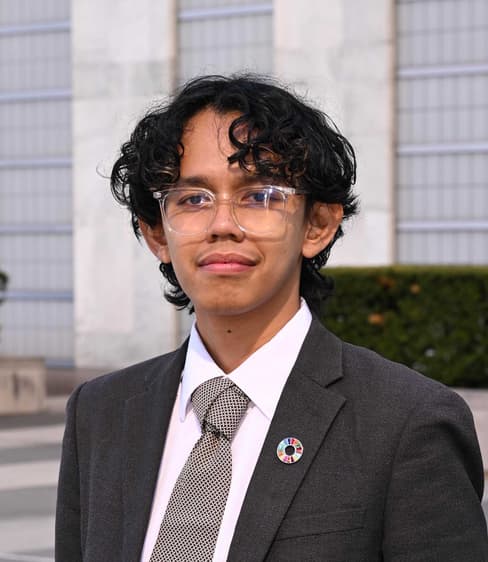
Azra Firmansyah
Azra is developing Svaika, a wearable device that allows Deaf individuals to experience music through touch by translating auditory information into tactile sensations. This device creates a new, inclusive way to "listen" to music. He will develop Svaika through extensive user testing with members of Indonesia's Deaf community to ensure it is culturally resonant and accessible. Feedback will help tailor the device to the community's needs.
Find out more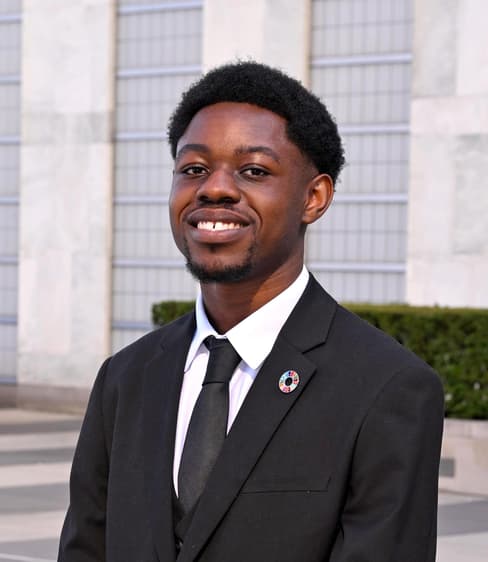
Barimah Asare
Barimah has developed Project Hivemind, a compact external graphics card enclosure (eGPU) which allows users to connect high-performance GPUs to laptops. This design is half the size of traditional eGPUs and can be easily plugged into a laptop device. It extends the lifespan of existing laptops by up to three years to combat e-waste and provide an alternative to the current buy-use-replace mentality. Barimah aims to bring a market-ready product to consumers.
Find out more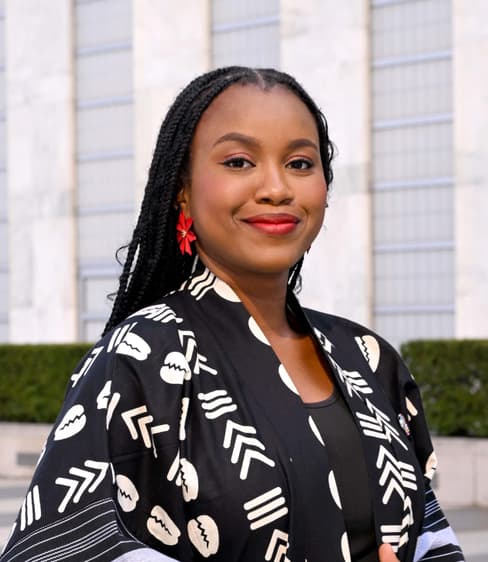
Blossom Eromosele
In response to the refugee crisis in Nigeria, Blossom has developed the AllSpace Modular Homes, low-cost, sustainable modular housing solutions inspired by traditional African huts. They are made from recycled materials and powered by solar energy. Blossom plants to test and refine prototypes in a refugee camp, developing materials for different environments and terrains to ensure the housing solutions can withstand diverse climates and geographical challenges.
Find out more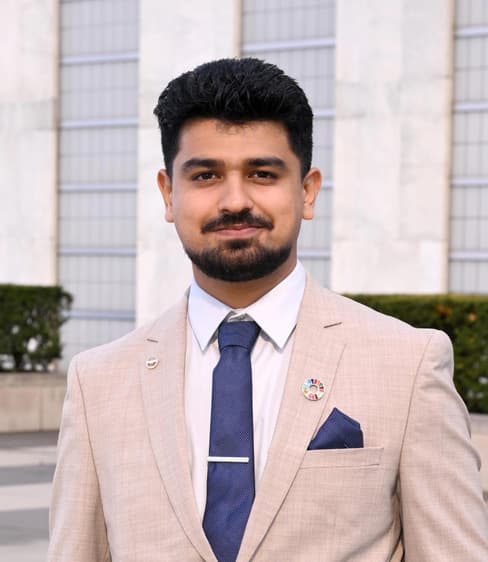
Mangesh Kurund
Mangesh is developing new forms of bio-cladding—lightweight tiles with water reservoirs to cultivate algae and moss. This system mimics natural water management processes, enhancing urban greening, purifying air and sequestering carbon. He hopes to scale the concept into a commercially viable system, creating functional prototypes for testing in diverse real-world conditions.
Find out more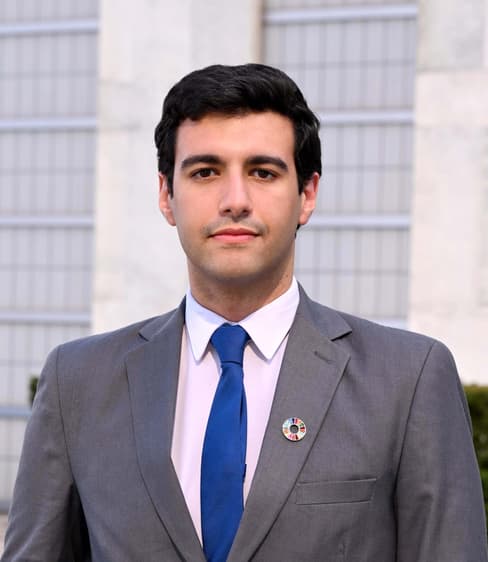
Moemen Sobh
Moemen founded Visenleer, an innovative community-focused social enterprise to turn ocean waste into sustainable, durable textiles with zero carbon emissions. He hopes to train fishermen and artisans in Egypt to process ocean waste into textiles, empowering local communities and gradually scaling up production with the potential to extend to other parts of the world.
Find out moreMeet our Alumni
Select a member of our Alumni to learn more about below.
